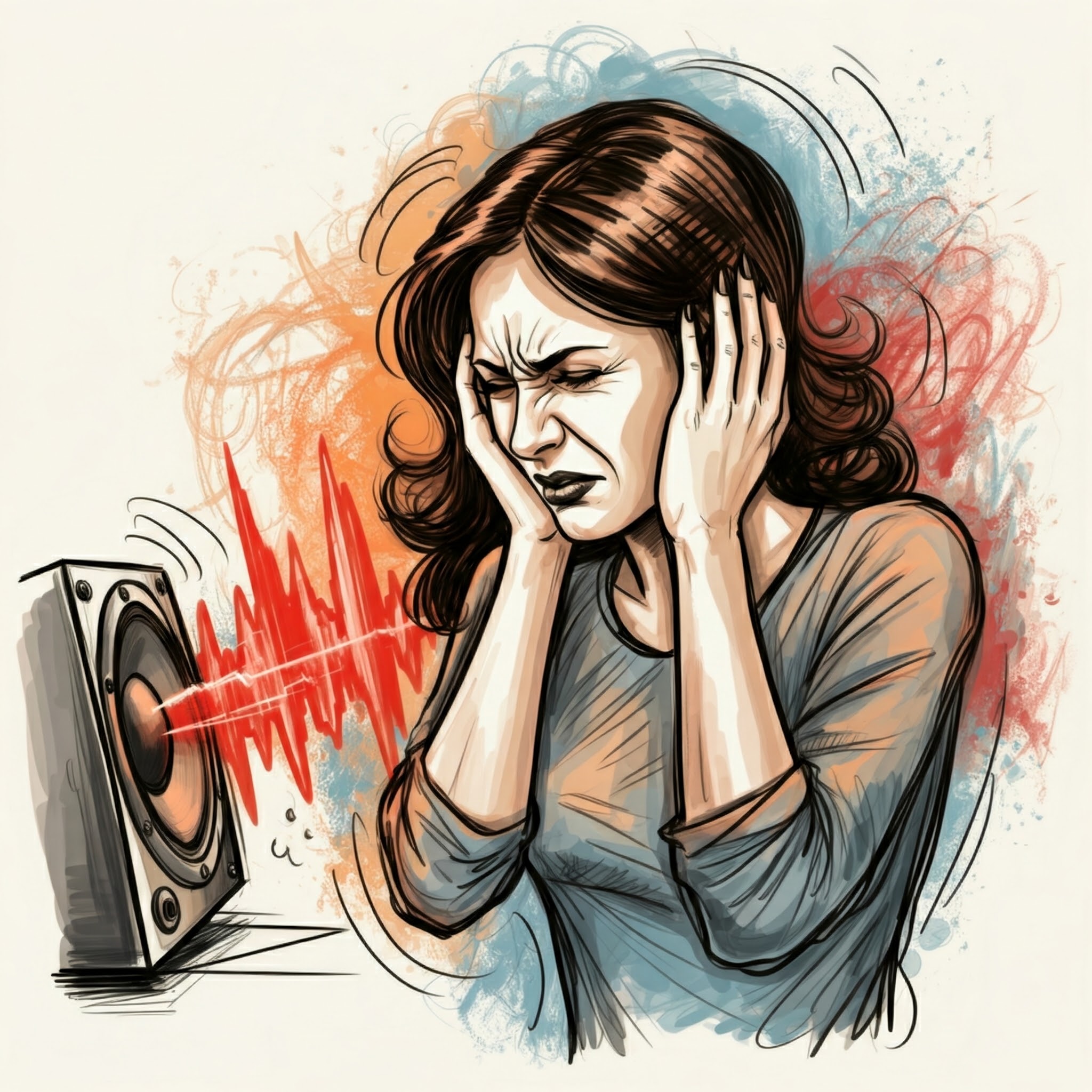Hate
Definition
Hate is a noun and a verb. As a noun, it refers to an intense feeling of dislike, hostility, or aversion toward someone or something. As a verb, it means to feel strong aversion or hostility.
Parts of Speech
- Noun
- Verb
Pronunciation
American English
- IPA Pronunciation: /heɪt/
- Respelling: HAYT
British English
- IPA Pronunciation: /heɪt/
- Respelling: HAYT
Etymology
The word "hate" originates from Old English "hatian," meaning "to hate" or "to hold in contempt," which derives from Proto-Germanic "*haton" and Proto-Indo-European "*kēd-" meaning "to sorrow or grieve."
Derivatives
- Hater (noun)
- Hatred (noun)
- Hateful (adjective)
- Hating (verb/noun)
- Hatefully (adverb)
Synonyms
- Loathing
- Detestation
- Hostility
Antonyms
- Love
- Affection
- Admiration
Usage
The word "hate" is commonly used to describe strong feelings of dislike, as in "I hate doing laundry." As a noun, it conveys hostility or aversion, such as "Her speech was filled with hate." It is often used in both emotional and formal contexts, including social and political discussions.
Related Terms
- Dislike: A less intense form of aversion.
- Antipathy: A strong feeling of aversion or opposition.
- Rancor: A feeling of bitterness or resentment.
Detailed Definitions
Noun
- Intense dislike or hostility: Refers to strong feelings of aversion or animosity.
- Example: "His face was filled with hate."
- An action or expression of hostility: Refers to acts or statements motivated by hate.
- Example: "The speech incited hate among the audience."
Verb
- To feel intense dislike or hostility toward someone or something: Refers to the act of harboring strong aversion.
- Example: "She hates loud noises."
- To express strong disapproval or detest something: Refers to the act of verbalizing dislike.
- Example: "He hates being interrupted."
hate



🇨🇳 Mandarin Chinese
- 恨 (hèn)
- IPA: /xən˥˩/
- Respelling: hen4
- 讨厌 (tǎoyàn)
- IPA: /tʰau˨˩˦jɛn˥˩/
- Respelling: tao3yan4
🇮🇳 Hindi
- नफ़रत (nafrat)
- IPA: /nəfˈrət̪/
- Respelling: naf-rat
- घृणा (ghrina)
- IPA: /ɡʱɹ̩ɳaː/
- Respelling: ghri-naa
🇪🇸 Spanish
- Odio
- IPA: /ˈoðjo/
- Respelling: o-djo
- Detesto
- IPA: /deˈtesto/
- Respelling: de-tes-to
🇫🇷 French
- Haine
- IPA: /ɛn/
- Respelling: en
- Déteste
- IPA: /de.test/
- Respelling: de-test
🇸🇦 Arabic (Modern Standard)
- كره (karaha)
- IPA: /karah/
- Respelling: ka-rah
- بغض (bughd)
- IPA: /bugʕd/
- Respelling: bu-ghd
🇧🇩 Bengali
- ঘৃণা (ghrina)
- IPA: /ɡʱriɳa/
- Respelling: ghri-na
- অভিশাপ (obhishap)
- IPA: /ɔbʱiʃap/
- Respelling: obhi-shap
🇷🇺 Russian
- Ненавидеть (Nenavidet')
- IPA: /nʲɪnɐˈvʲidʲɪtʲ/
- Respelling: nen-avi-dyet'
- Отвращение (Otvrascheniye)
- IPA: /ɐfˈvratɕɪnʲɪjə/
- Respelling: ot-vrash-che-ni-ye
🇵🇹 Portuguese
- Ódio
- IPA: /ˈodʒju/
- Respelling: o-jew
- Detesto
- IPA: /dɨˈteʃtu/
- Respelling: de-tesh-too
🇮🇩 Indonesian
- Benci
- IPA: /bəntʃi/
- Respelling: ben-chi
- Dendam
- IPA: /dendam/
- Respelling: den-dam
🇩🇪 German
- Hass
- IPA: /has/
- Respelling: hass
- Verabscheuung
- IPA: /fɛʁapˈʃɔʏ̯əŋ/
- Respelling: feh-rab-shoy-oong
🇯🇵 Japanese
- 憎悪 (zouo)
- IPA: /zoːo/
- Respelling: zoh-oh
- 嫌う (kirau)
- IPA: /kiɾaɯ̟ᵝ/
- Respelling: ki-rau
🇻🇳 Vietnamese
- Ghét
- IPA: /ɣet˧˥/
- Respelling: ghet
- Hận
- IPA: /həːn˧˧/
- Respelling: han
🇰🇷 Korean
- 싫어하다 (silheohada)
- IPA: /ʃilhʌhada/
- Respelling: shil-heo-ha-da
- 미워하다 (miweohada)
- IPA: /miwʌhada/
- Respelling: mi-weo-ha-da
🇹🇷 Turkish
- Nefret
- IPA: /nefˈɾet/
- Respelling: nef-ret
- Tiksinmek
- IPA: /tiksindʒi/
- Respelling: tiks-in-dji
🇵🇰 Urdu
- نفرت (nafrat)
- IPA: /nəfˈrət̪/
- Respelling: naf-rat
- دشمنی (dushmani)
- IPA: /d̪ʊʃməni/
- Respelling: dush-ma-ni





